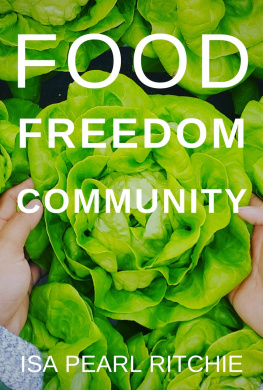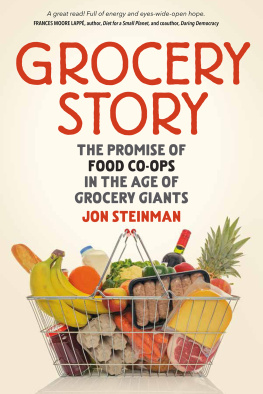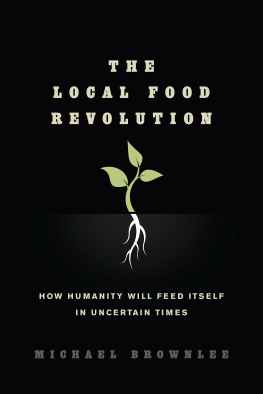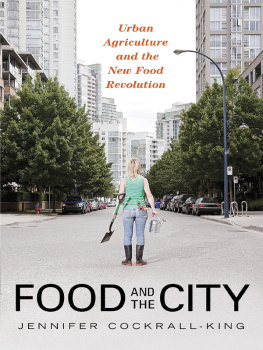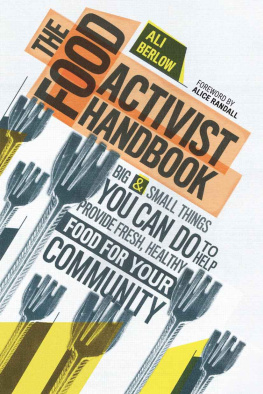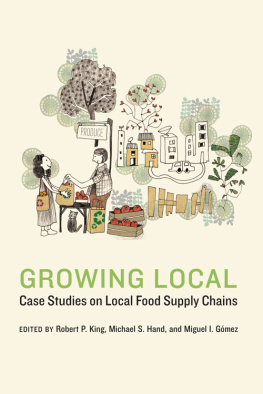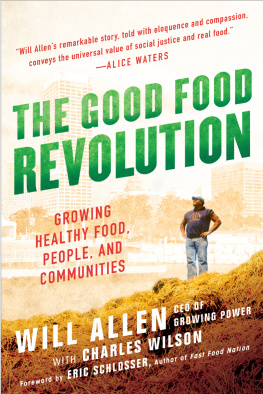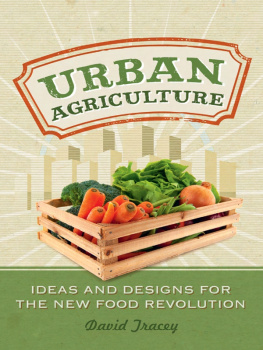Cobb - Reclaiming our food : how the grassroots food movement is changing the way we eat
Here you can read online Cobb - Reclaiming our food : how the grassroots food movement is changing the way we eat full text of the book (entire story) in english for free. Download pdf and epub, get meaning, cover and reviews about this ebook. City: North Adams, MA, United States, year: 2011, publisher: Storey Publishing, LLC, genre: Politics. Description of the work, (preface) as well as reviews are available. Best literature library LitArk.com created for fans of good reading and offers a wide selection of genres:
Romance novel
Science fiction
Adventure
Detective
Science
History
Home and family
Prose
Art
Politics
Computer
Non-fiction
Religion
Business
Children
Humor
Choose a favorite category and find really read worthwhile books. Enjoy immersion in the world of imagination, feel the emotions of the characters or learn something new for yourself, make an fascinating discovery.

- Book:Reclaiming our food : how the grassroots food movement is changing the way we eat
- Author:
- Publisher:Storey Publishing, LLC
- Genre:
- Year:2011
- City:North Adams, MA, United States
- Rating:5 / 5
- Favourites:Add to favourites
- Your mark:
Reclaiming our food : how the grassroots food movement is changing the way we eat: summary, description and annotation
We offer to read an annotation, description, summary or preface (depends on what the author of the book "Reclaiming our food : how the grassroots food movement is changing the way we eat" wrote himself). If you haven't found the necessary information about the book — write in the comments, we will try to find it.
A quiet revolution is taking place: People across the United States are turning toward local food. Some are doing it because they want more nutritious, less-processed food; some want to preserve the farmland and rural character of their regions; some fear interruptions to the supply of non-local food; some want to support their local economy; and some want safer food with less threat of contamination. But this revolution comes with challenges.
Reclaiming Our Food tells the stories of people across America who are finding new ways to grow, process, and distribute food for their own communities. Their successes offer both inspiration and practical advice.
The projects described in this book are cropping up everywhere, from urban lots to rural communities and everywhere in between. In Portland, Oregon, an organization called Growing Gardens installs home gardens for low-income families and hosts follow-up workshops for the owners. Lynchburg Grows, in Lynchburg, Virginia, bought an abandoned 6.5-acre urban greenhouse business and turned it into an organic farm that offers jobs to people with disabilities and sells its food through a local farmers market and a CSA. Sunburst Trout Farm, a small family business in rural North Carolina, is showing that its possible to raise fish sustainably and sell to a local market. And in Asheville, North Carolina, Growing Minds is finding ways to help bring fresh foods into schools. Author Tanya Denckla Cobb offers behind-the-scenes profiles of more than 50 food projects across the United States, with lessons and advice straight from their founders and staff. Photographic essays of 11 community food projects, by acclaimed photographer Jason Houston, detail the unusual work of these projects, bringing it to life in unforgettable images.
Reclaiming Our Food is a practical guide for building a local food system. Where others have made the case for the local food movement, Reclaiming Our Food shows how communities are actually making it happen. This book offers a wealth of information on how to make local food a practical and affordable part of everyones daily fare.
Cobb: author's other books
Who wrote Reclaiming our food : how the grassroots food movement is changing the way we eat? Find out the surname, the name of the author of the book and a list of all author's works by series.




